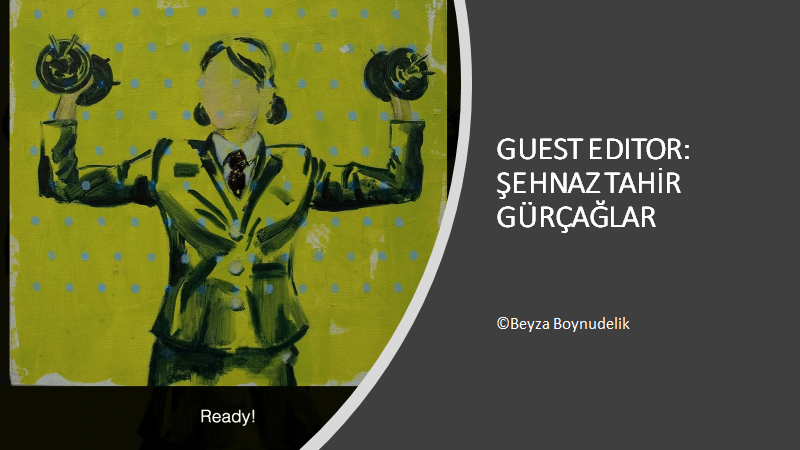(Re)Framing Gay Literature through Translations, Reprints and Cross-Medium Retranslations
With Reference to Pai Hsien-yung’s Crystal Boys
DOI:
https://doi.org/10.21992/tc29475Abstract
Homosexuality has always been a sensitive topic, a taboo in many social contexts. Recent literature has witnessed burgeoning academic attention in the translation of gay literature in the past two decades, while the translation of Chinese gay literature has remained largely unattended. This paper aims to study the translations, reprints and cross-medium retranslations of the modern Chinese founding works of gay literature, Nie Zi (Crystal Boys). The Chinese literary piece has been translated into English and reprints of the translation have appeared in U.S.A. and Hong Kong over the last three decades. It has also been adapted into film production, TV series and a stage performance. With the modern technology, these adaptation productions have been translated and fansubbed for the international audience. This paper will look at the translation of the title, the cover design, the back blurbs and the textual nuances as well for the book translation and its reprints. The fansubbed subtitle translations will also be scrutinized within the framework of retranslation. The English translation, reprints, cross-medium retranslation of Nie Zi proves to be a supporting case of what Harvey calls “gayed translation”, through labelling strategies and other non-linguistic resources proposed by Mona Baker.
Downloads
Published
Issue
Section
License
Authors who publish with this journal agree to the following terms: a.Authors retain copyright and grant the journal right of first publication with the work simultaneously licensed under a Creative Commons Attribution License that allows others to share the work with an acknowledgement of the work's authorship and initial publication in this journal. b.Authors are able to enter into separate, additional contractual arrangements for the non-exclusive distribution of the journal's published version of the work (e.g., post it to an institutional repository or publish it in a book), with an acknowledgement of its initial publication in this journal. c.Authors are permitted and encouraged to post their work online (e.g., in institutional repositories or on their website) prior to and during the submission process, as it can lead to productive exchanges, as well as earlier and greater citation of published work (See The Effect of Open Access).



